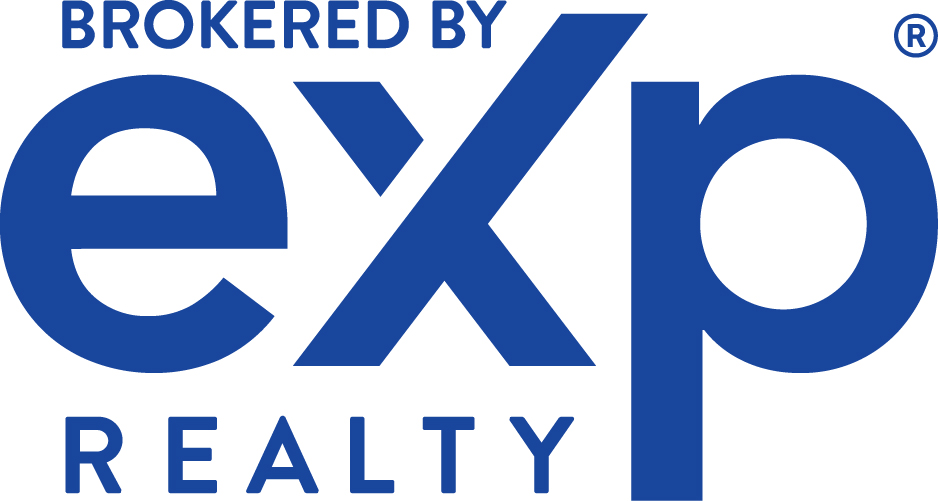NAR’s 2019 Commercial Liaison, Bob Turner from Memphis, TN, represented NAR at a White House event on the Qualified Opportunity Zone (“QOZ”) program on Wednesday, April 17. The QOZ program was created in the 2017 Tax Cuts and Jobs Act to revitalize underserved communities by providing tax incentives for certain investments into them, to promote development and create jobs. In connection with the event, the Treasury department released the much-anticipated second round of proposed rules for the program, which provide more specific detail on how investors can participate in the program and receive the full tax benefits it offers.
The keynote speaker of the White House event was the President, who emphasized the administration’s commitment to the success of the program, to drive economic growth through long-term investments in underserved areas, designated as “Opportunity Zones.” Under the program, taxpayers who reinvest capital gains from a previous sale into a fund for investing into a QOZ are eligible to defer paying taxes on those gains, and can potentially reduce their tax liability by 10 – 15% (based on the amount of time they hold the investment). Additionally, if the investment is held for at least ten years, any appreciation on it is tax-free. Housing and Urban Development Secretary Ben Carson and Treasury Secretary Steven Mnuchin also spoke at the event.
This second round of rulemaking builds off previous proposed rules released in October 2018, fleshing out and clarifying many aspects of the program. They include:
Guidance on how to define the “original use” of a property in a QOZ, including vacant properties; How to count inventory of a QOZ business (which may not be physically in the QOZ, or may be sold to customers outside of it) when determining QOZ business property; The treatment of leased property within a QOZ for purposes of satisfying the program’s requirements; How to meet the requirement that QOZ businesses derive 50% of their gross income from business activity in a QOZ; Treatment of a QOZ business that straddles a QOZ; and Clarity on and examples of events that cause inclusion of a deferred gain (a triggering event to pay capital gains taxes on reinvested gains) and the flexibility funds have to reinvest interim gains. By: Erin Stackley <www.nar.realtor/erin-stackley>
Your search results

